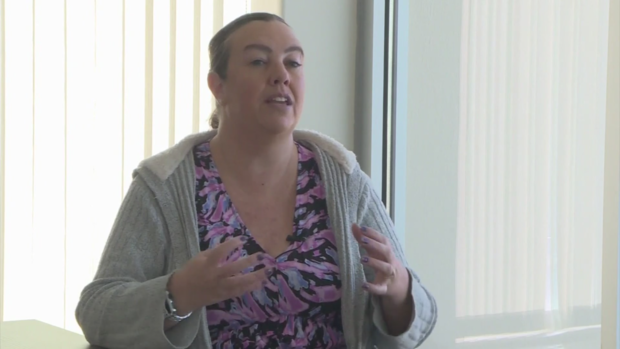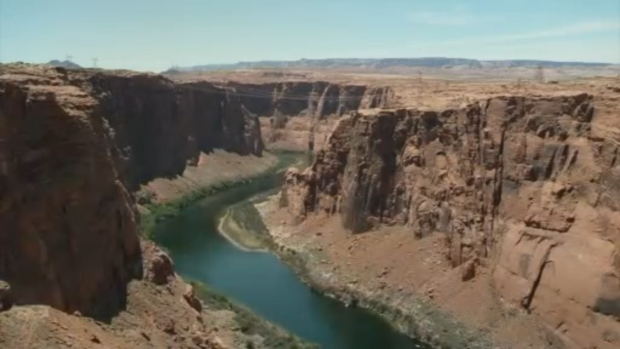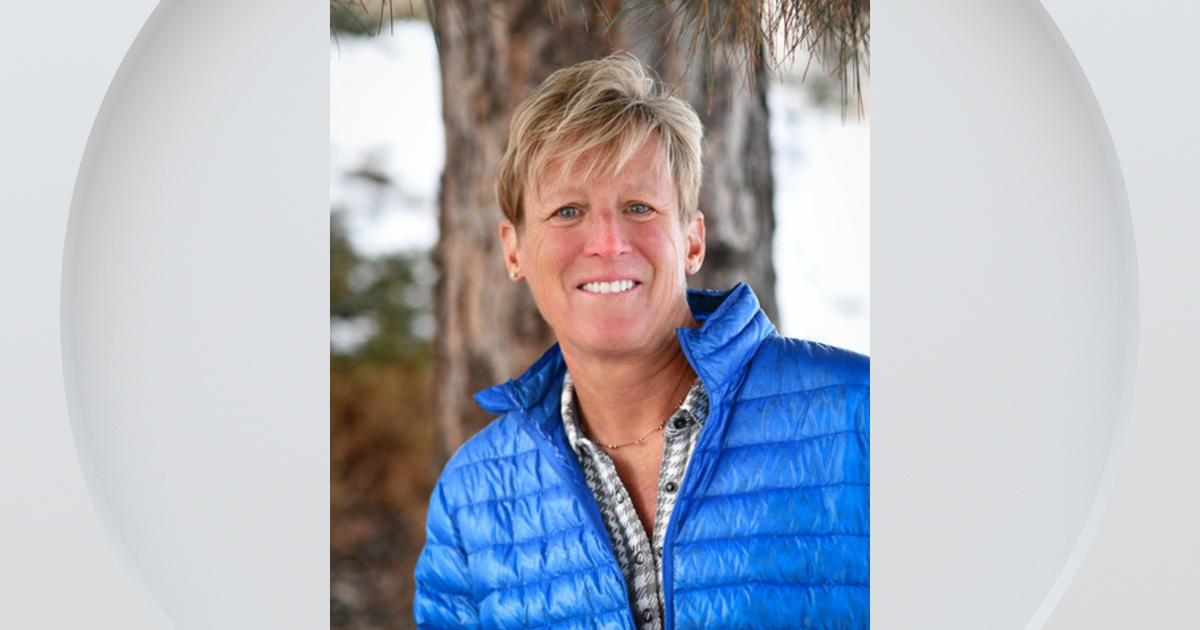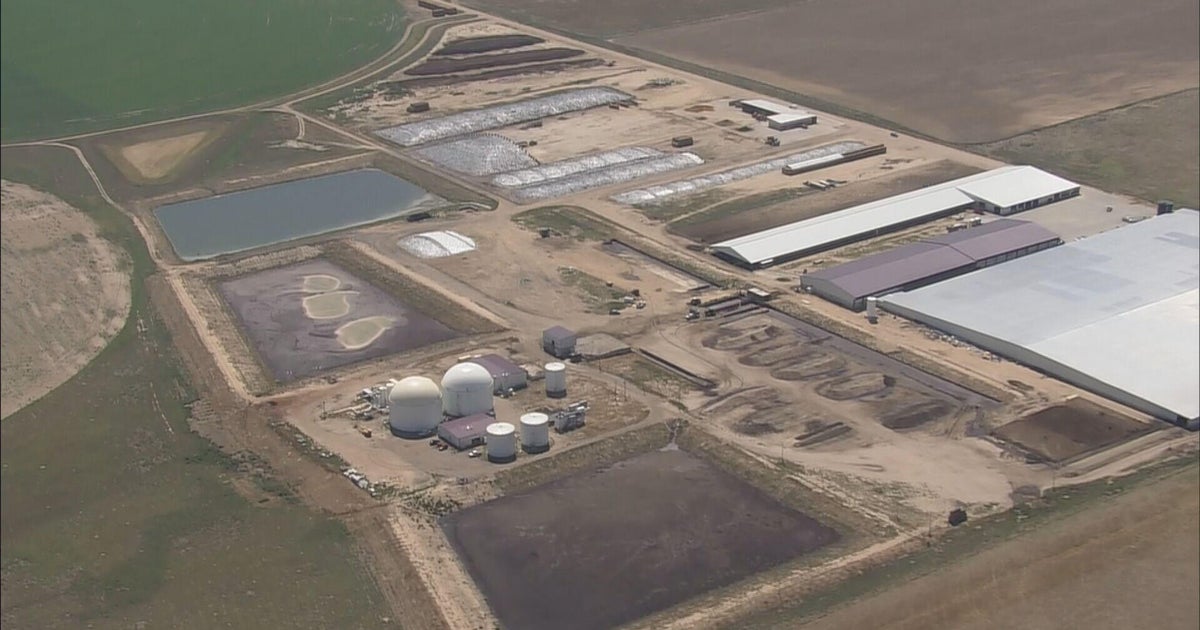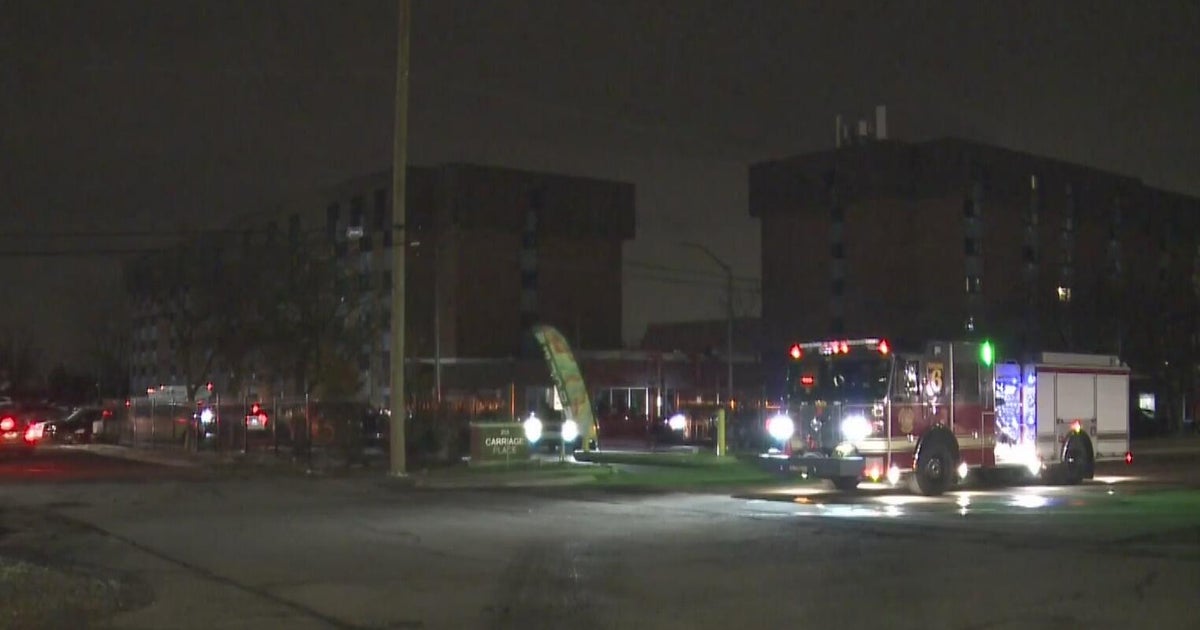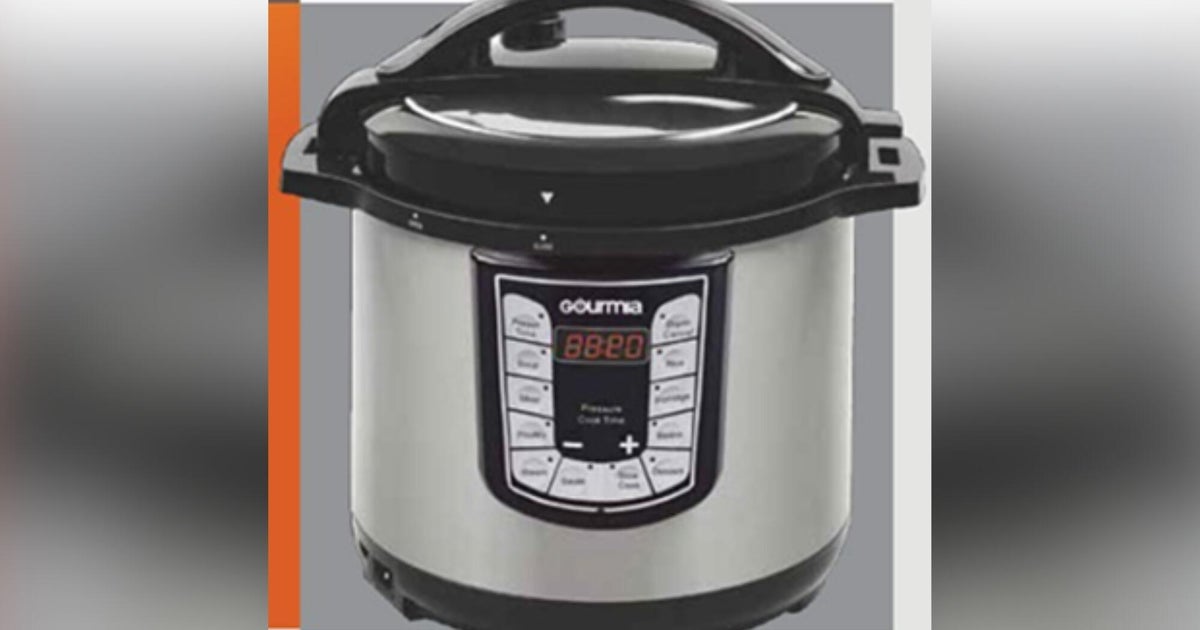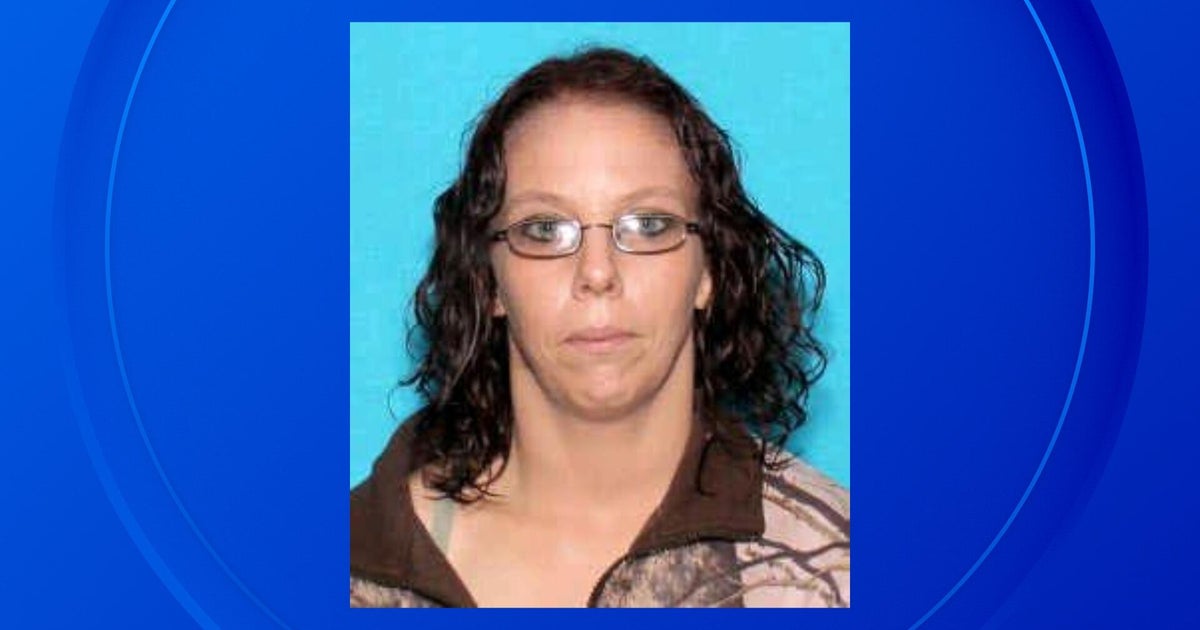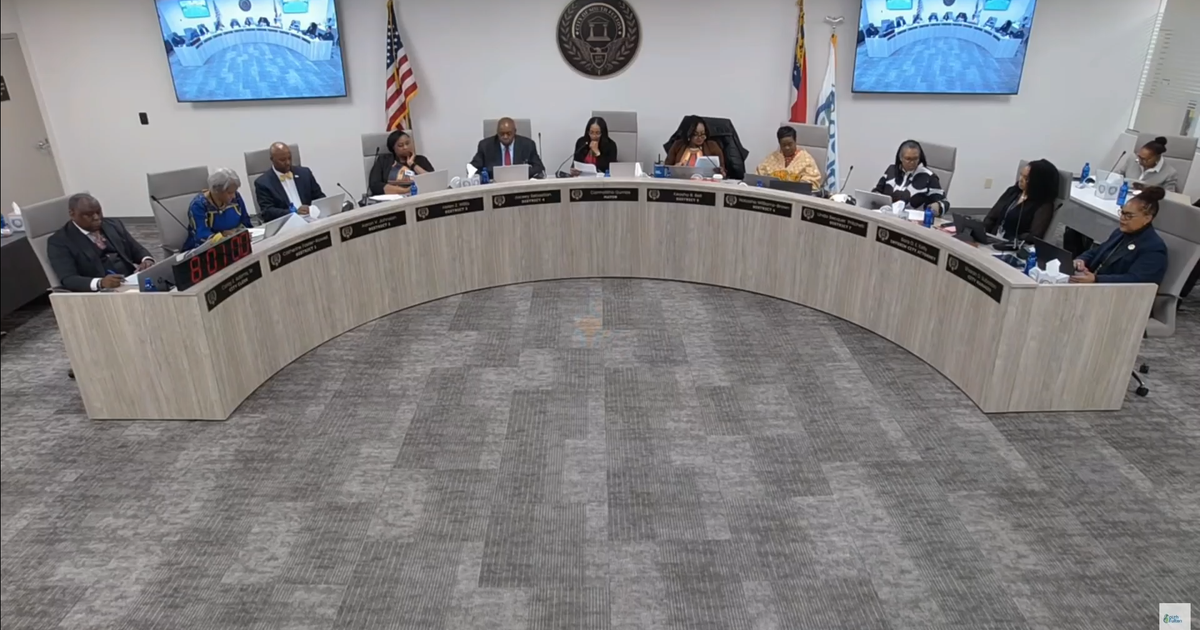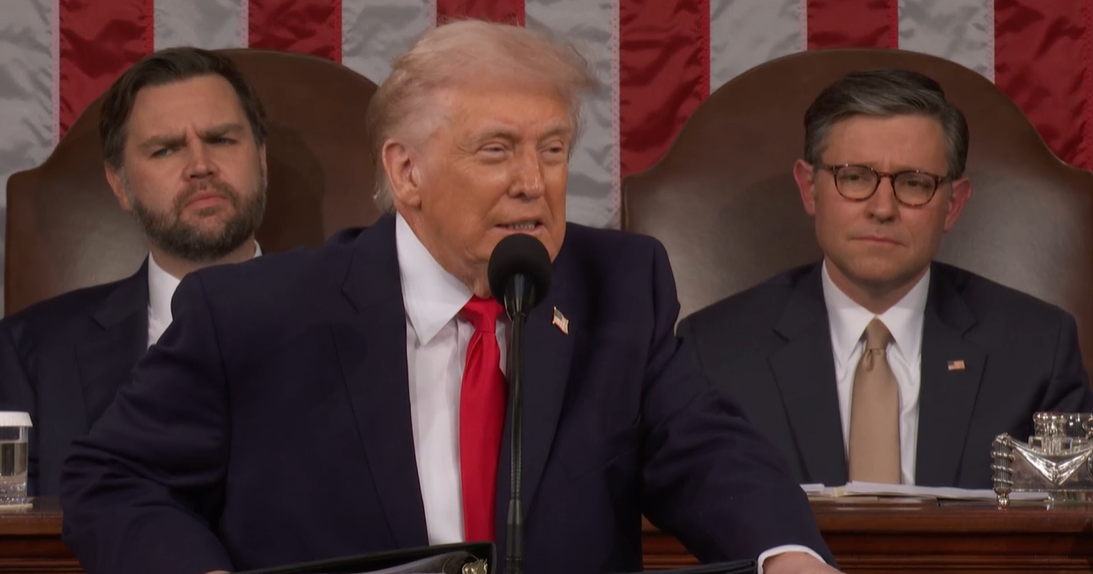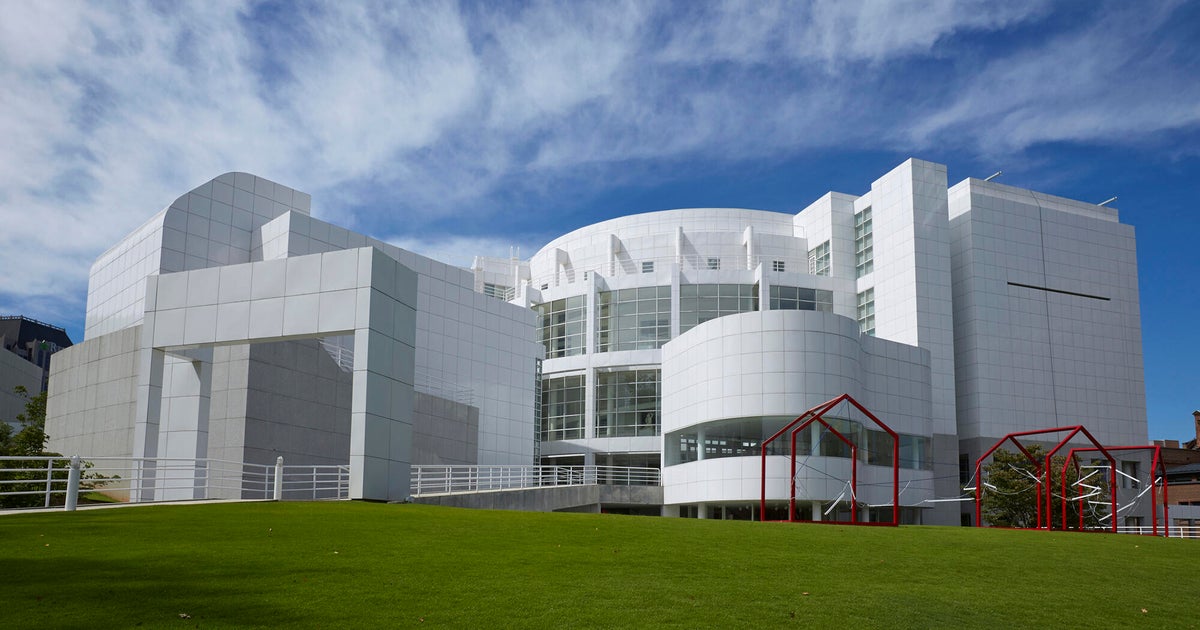New climate report released for Colorado; state warmed by 1.5 degrees
Colorado continues to grow warmer as a result of climate change, leading to increased risks of wildfires and extreme drought, according to Colorado State University and the Colorado Climate Center.
For the first time since 2014, the Colorado Climate Center released a state report, updating residents on the progression of climate change in Colorado and the potential impacts it may have in the years ahead.
"Since the last report we have had some major significant events," said Becky Bolinger, assistant state climatologist and professor at CSU.
Since the last report was issued Colorado has seen historic wildfires, drought and flooding throughout the state. Bolinger said the state is a great place to study climate change as it is such a vital resource for things like snowpack and runoff, as well as serving as home to varying types of environments.
"This is a really important place to talk about climate change because of the fact that we have so many hazards that are unique to our state," Bolinger said.
Since the 1970s, Colorado has warmed more than 1.5 degrees. Though that may seem insignificant, the added warmth spread out across weeks, months and years has resulted in many changes to our climate, Bolinger said.
Studies have shown that, while the season of winter stays the same length on a calendar, the snow and precipitation we associate with it are now much less common. That starts with snow storms accumulating snowpack later in the season than normal.
"The evidence shows we will push the melting date of the snowpack earlier. So, we are going to shorten that season. Ultimately, that is going to have a big impact on our water supply and availability," Bolinger said.
With Colorado's population growing by the year, the demand for drinking water is rising while the levels of available water are dropping. That also has an impact on other states that rely on watershed from Colorado downstream.
Bolinger also said the drier landscape is increasing threats of drought and wildfire, especially during seasons we were not previously accustomed to seeing such emergencies. The fewer the snowstorms and the more rapid melting results in drier land and foliage.
"Our larger number of fires and our larger number of acres burned is connected to climate change, and that is something expected to continue into the future," Bolinger said. "Our drier air, which is being driven by warmer temperatures, means wildfires can grow more quickly."
Bolinger said the good news from the report comes with climatologists noticing Coloradans have not placed the state's climate in a "worst-case-scenario" position. She said, while the state has warmed by 1.5 degrees on average, it has not warmed to more than 5 degrees. Meaning residents are taking some action to curb how much the state's temperature rises.
However, climatologists warn that the state is still on pace to warm another degree or more in the coming decades.
"It is not starting now and warming a bunch. We are already in it. This is a reminder that climate change is happening now, it is not something off in the distance in the future," Bolinger said.

